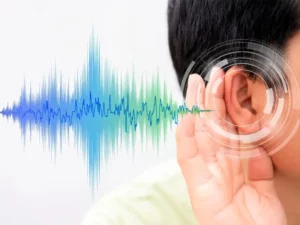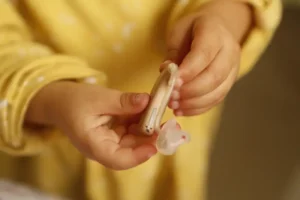
Tinnitus, often described as a ringing, buzzing, or hissing sound in the ears, is a common condition that can significantly impact an individual’s quality of life.

Tinnitus, often described as a ringing, buzzing, or hissing sound in the ears, is a common condition that can significantly impact an individual’s quality of life. It is crucial to have a comprehensive understanding of tinnitus audiology to provide effective hearing solutions and education to patients. In this guide, we will delve into the nuances of tinnitus, its causes, diagnosis, and the latest treatments available.
Tinnitus is the perception of sound when no external sound is present. It is a symptom rather than a disease itself and can manifest in various forms. For some, it is a minor annoyance, but for others, it can be debilitating, affecting sleep, and concentration, and even leading to depression.
Tinnitus can be categorized into two main types:
Understanding the causes of tinnitus is vital in providing tailored hearing solutions. While the exact physiological cause or causes of tinnitus are not known, there are several likely sources, which can be broadly categorized into otologic, neurologic, infectious, drug-related, or traumatic causes.
Risk factors for tinnitus include age, gender, smoking, and cardiovascular problems. Stress and fatigue can often worsen tinnitus as well.
Diagnosing tinnitus involves a thorough clinical evaluation and the use of specific tests. Audiologists play a crucial role in this process.
An audiological evaluation is essential for determining the presence and severity of hearing loss which may be associated with tinnitus. This evaluation typically includes
Depending on the evaluation’s findings, other tests may be necessary, such as:
Educating patients about tinnitus is an integral part of management. Audiologists should provide resources that help patients understand their condition and the available treatment options.
Tinnitus Retraining Therapy combines sound masking and counselling to help patients habituate to their tinnitus, perceiving it as less bothersome over time.
For those with hearing loss, hearing aids can amplify environmental sounds, making tinnitus less noticeable.
Sound therapy uses external noise to alter a patient’s perception of or reaction to tinnitus. This can include white noise machines, specialized ear-level maskers, and even music therapy.
CBT helps patients change their reaction to tinnitus by altering negative thought patterns and behaviours.




©️ 2023 HealthQuo. All rights reserved.
Website by DARIS